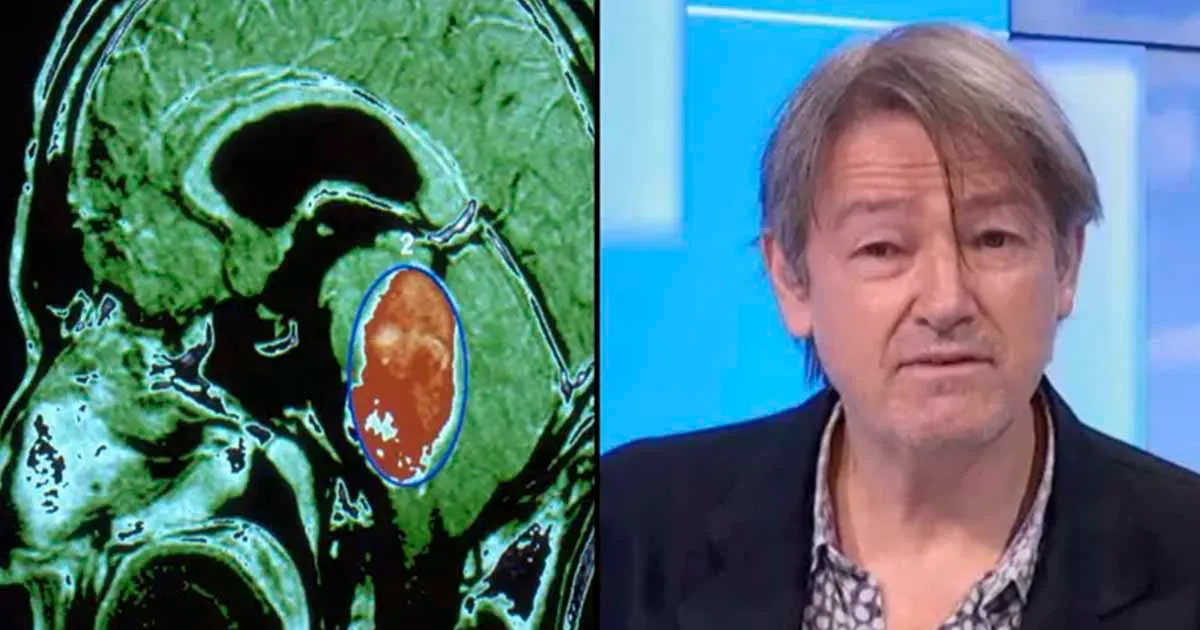At the age of six, Lucas received devastating news: he had a rare form of brain tumor. The prognosis was grim, and his future seemed uncertain. Fast forward seven years, and Lucas, now 13, stands as a beacon of hope. There’s no sign of the once-debilitating tumor. Lucas, hailing from Belgium, is the first child worldwide to conquer brainstem glioma – a particularly aggressive form of brain cancer.

Dr. Jacques Grill, leading the brain tumor program at the Gustave Roussy Cancer Center in Paris, marvels at Lucas’s resilience. He recounts, “Lucas surpassed all expectations. Across a series of MRI scans, I witnessed the tumor vanish completely.” Diffuse intrinsic pontine glioma (DIPG), the technical name for this tumor, affects about 300 children in the United States and up to 100 in France annually.
As the medical community observes International Childhood Cancer Day, progress in childhood cancer treatment is celebrated. More than 85 percent of children now survive this type of brain cancer beyond five years post-diagnosis. Yet, for those with DIPG, the outlook remains bleak, with most succumbing within a year. Only 10 percent survive beyond two years, despite efforts to slow the tumor’s rapid growth through radiotherapy.
An Uncharted Journey for Lucas and His Family
Lucas and his family embarked on an unknown path when they enrolled him in the BIOMEDE trial in France. This trial explores innovative treatments for DIPG. Remarkably, Lucas responded positively to the drug everolimus, which he was randomly assigned. Doctors were astonished as his tumor vanished completely over subsequent MRI scans.

Although Lucas ceased taking the medication a year and a half ago, the tumor remains absent – an unprecedented occurrence in medical history. Dr. Grill attributes Lucas’s extraordinary recovery to the tumor’s unique genetic makeup, speculating that a rare mutation made it susceptible to the drug.
Continue to next page…

